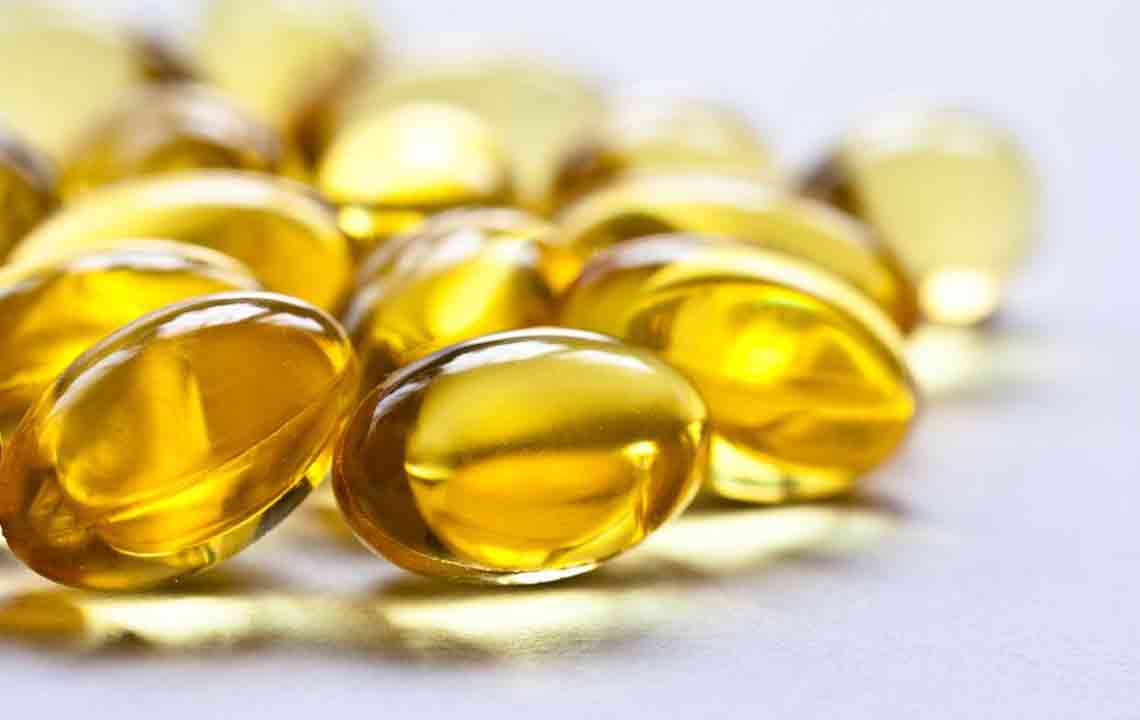Essential Vitamins and Nutrients for Maintaining Sharp Vision and Eye Wellness
Learn about key vitamins and nutrients essential for eye health, including lutein, zeaxanthin, vitamins C and E, and zinc. Incorporating these into your diet or supplements can help prevent age-related vision problems like macular degeneration and cataracts. Maintaining a balanced diet supported by healthcare guidance promotes healthy eyesight and overall eye wellness, especially as you age.

Essential Vitamins and Nutrients for Maintaining Sharp Vision and Eye Wellness
Your eyesight naturally diminishes with age, often leading to dependence on corrective lenses. However, a nutrient-rich diet can play a key role in supporting and safeguarding your eye health.
Discover how proper nutrition helps in protecting your vision and reducing the risk of common age-related eye problems.
The Importance of Nutritional Intake for Eye Health
Eating a balanced diet enhances overall health and benefits your eyes. Foods like carrots, spinach, and citrus fruits offer antioxidants and essential vitamins such as Vitamins A, C, E, zinc, and carotenoids, which are vital for maintaining healthy vision.
These nutrients help protect the eye’s lens and cornea, lowering infection risk and preventing damage. Research shows that poor dietary habits may accelerate age-related vision deterioration. Adequate intake of key vitamins and minerals can improve eyesight and decrease the likelihood of cataracts and macular degeneration, the main causes of vision loss.
To support eye health, healthcare professionals often recommend supplements rich in essential eye nutrients.
Here are vital vitamins and nutrients to include in your diet for optimal eyesight preservation.
Important Eye Nutrients
Lutein
Referred to as the “Eye Vitamin,” lutein functions as an antioxidant protecting eye tissues and skin. Abundant in leafy greens, orange vegetables, citrus, and eggs, a daily intake of six milligrams can cut the risk of macular degeneration by up to 43%.
Zeaxanthin
This carotenoid, alongside lutein, reaches the eyes through specific foods and is prioritized by the brain for eye nourishment. It helps shield the lens and macula, improving glare tolerance and preventing cataracts.
Vitamin C
This antioxidant safeguards eye tissues from oxidative damage, supports tissue repair, reduces inflammation, and neutralizes free radicals that threaten vision health.
Vitamin E
As a powerful antioxidant, Vitamin E protects cell membranes from oxidative stress caused by environmental pollutants. Consuming around 400 IU has been linked to a 25% reduction in advanced macular degeneration risk.
Vitamin A (Beta-Carotene)
Essential for visual function, Vitamin A and Beta-Carotene strengthen the cornea and help prevent night blindness and dry eye issues. When combined with Vitamins C and E, they promote tissue healing and may shield nerves from diabetes-related damage.
Zinc
This mineral facilitates nutrient absorption, maintains immune function, and supports healthy circulation within the eyes. Found in grass-fed meats, fish, and nuts, zinc aids in cell growth and hormone balance.
Including these nutrients through diet or supplements, as advised by your healthcare provider, can greatly contribute to maintaining clear vision and overall eye health.

